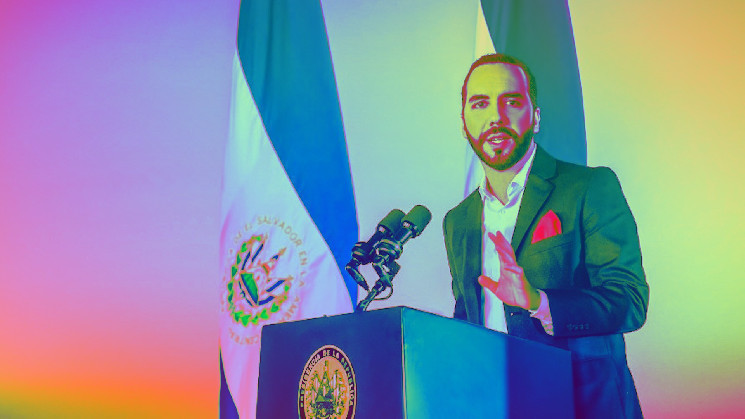El Salvador President Bukele expects to submit a 2025 government budget with no planned deficit.
The 2024 budget had a $338 million deficit and the gap when Bukele became president in 2019 was $1.2 billion.
In August, the International Monetary Fund announced that it had different discussions with Salvadoran authorities and “progress has been made in the negotiations toward a Fund-supported program.”
The president of El Salvador, Nayib Bukele, said he will submit a 2025 deficit-free budget to the Legislative Assembly.
“I announce that this September 30 we will present before the Legislative Assembly for the first time in decades the first fully financed budget, without the need to take a single cent of debt for current spending," said Bukele on Sunday, during the commemoration of the 203 years of El Salvador’s independence. "El Salvador will no longer spend more than it produces annually," he continued. "We will not even lend money to pay the interest on the debts that we inherited, we will even pay that from our own production."
"A more robust economy and a truly independent country will be seen, not only because it has more freedom and security but because it will be financially independent, fiscally independent," he added. "The new generations will inherit an economically prosperous country.”
El Salvador’s Finance Minister, Jerson Posada, detailed that it will be “the first time in decades that the country will have a budget that will not issue a single cent of debt, neither local nor foreign”, Diario El Salvador reported.
Bukele has an overwhelming majority in the Legislative Assembly, with 57 of the 60 total seats among legislators from his party, Nuevas Ideas (54), and allies (3).
The 2024 budget gap was $338 million on total spending of $9.1B, according to an official document published by the Assembly. The budget deficit when Bukele took office, in 2019, was $1.2 billion.
El Salvador is unable to print money to fund expenditures because in 2001 it imposed the U.S. dollar as legal tender. The country famously added bitcoin as legal tender in 2021.
Although there are no official documents on El Salvador's bitcoin purchases, the website NayibTracker — which put together a portfolio based on Bukele’s announcements — shows that the Central American country currently holds 5,874 bitcoins at a total value of $331.4 million, which represents an unrealized gain of 32.6% or $43 million.
Bukele last month acknowledged that “Bitcoin hasn't had the widespread adoption we hoped for ... it could have worked better, and there is still time to make some improvements, but it hasn’t resulted in anything negative.”
In August, the International Monetary Fund announced that it had different discussions with Salvadoran authorities and “progress has been made in the negotiations toward a Fund-supported program, focused on policies to strengthen public finances, boost bank reserve buffers, improve governance and transparency, and mitigate the risks from Bitcoin”.
 coindesk.com
coindesk.com
